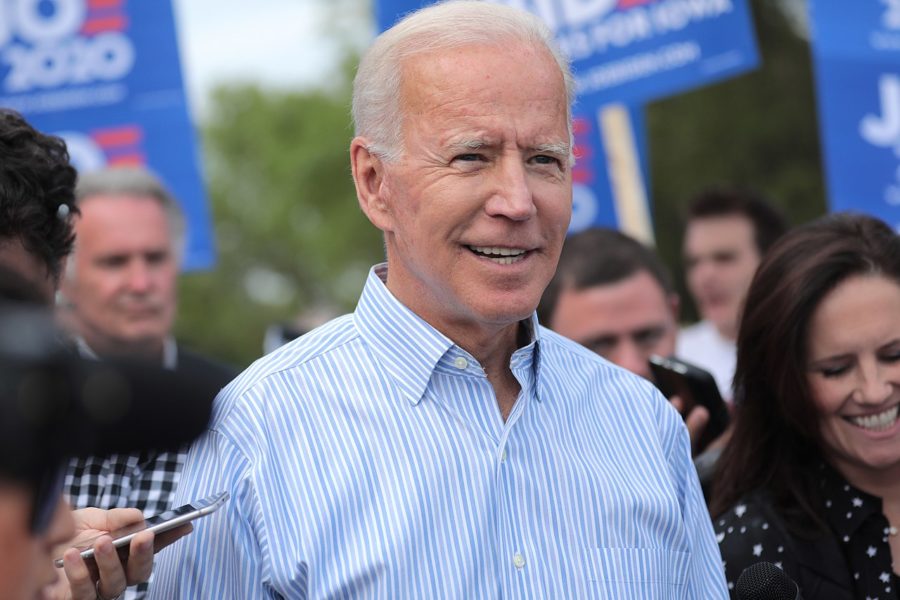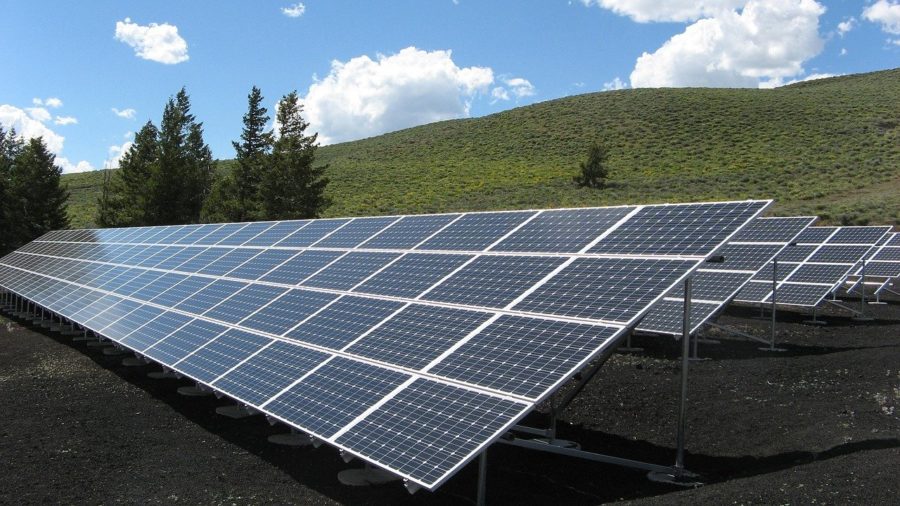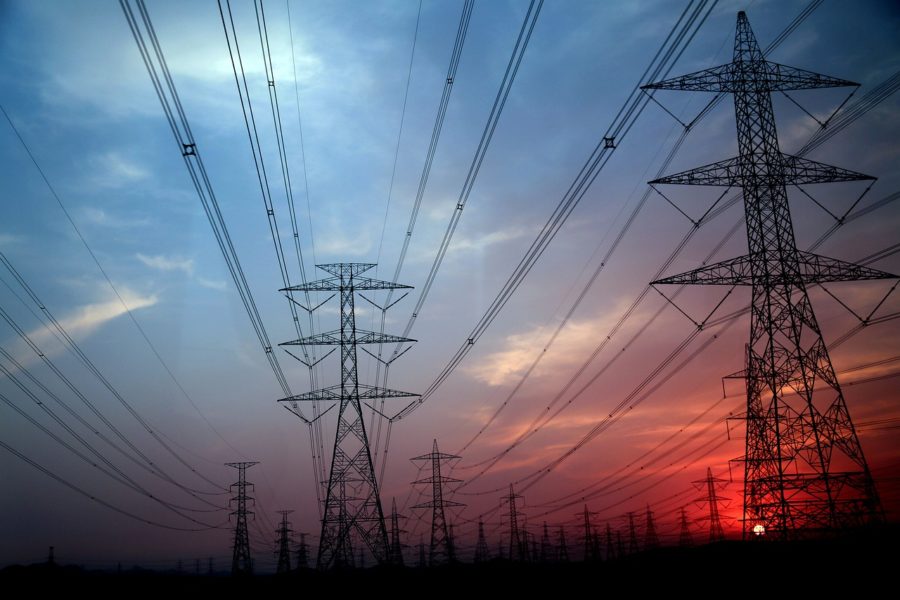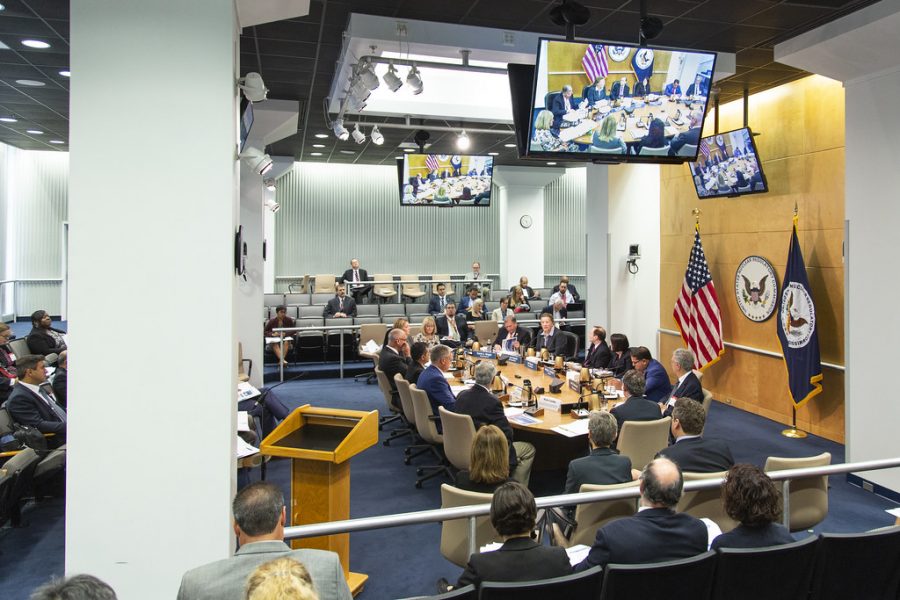Soon after taking office, President Biden nominated Richard Glick, a Democratic commissioner on the Federal Energy Regulatory Commission (FERC), as the Commission’s new chair.[i] Though the Commission is expected to maintain a Republican majority until Commissioner Neil Chatterjee’s term ends June 30, Glick has begun shifting the priorities of FERC, which regulates the interstate transmission and sale of electricity, natural gas, and oil, to align with President Biden’s ambitious energy and environmental goals.[ii] The following examines Glick’s three main priorities under the new administration, each of which could substantially change the energy regulatory landscape.
Tag: FERC

President-elect Joseph R. Biden faces a challenging road to inauguration day. But that road may be nothing compared to the to-do list waiting for him on January 21. The global pandemic and a struggling national economy are first-order priorities, but in addition to these emergent issues, energy and environmental policies were important topics for many voters during the election.[i]
Biden campaigned on a platform championing clean energy and environmental justice.[ii] Depending on the outcome of two senate runoff elections in Georgia, however, the president-elect may have to realize much of his administration’s climate and clean energy policies through executive action.[iii]

Voltus Inc., an energy resource aggregator, has filed a complaint against the Midcontinent Independent System Operator (“MISO”) with the Federal Energy Regulatory Commission (“FERC“).[1] The complaint takes issue with MISO’s recent order that allows states to opt out of FERC’s 2008 order allowing demand response programs in wholesale markets.[2]
Demand response programs give consumers the opportunity to substantially affect the electric grid by shifting their electricity usage from peak demand times to lower electricity use periods, thereby preventing the grid from overloading.[3] Demand response programs also pay consumers based on how much they reduce their electricity use once they have chosen an energy reduction plan.[4] However, MISO has allowed states within its territory to withhold energy resource aggregators from freely participating in the MISO wholesale market through its opt out provision.[5]

Illinois legislators are evaluating two different proposed clean energy bills that would accelerate renewable energy growth in the state. One bill, the Clean Energy Jobs Act (CEJA) would focus on consumer protection, expanding energy efficiency programs, increasing EV charging stations and protecting existing clean energy jobs in the state.[1] The second bill, Path to 100, focuses more on funding clean energy jobs.[2] Both bills seek to ensure Illinois achieves 100 percent renewable energy by 2030.[3]
CEJA would continue to fund and expand programs established by the 2014 Future Energy Jobs Act (FEJA),[4] which has lowered the cost of Illinois energy bills from some of the highest in the country to some of the lowest.[5] Funding from the 2014 Act is running low, and CEJA would protect thousands of clean energy jobs by bolstering funding for those programs.[6] The most ambitious provisions in the bill seek to achieve 100 percent carbon-free electricity by 2030 and 100 percent renewable energy by 2050.[7]

The Federal Energy Regulatory Commission (FERC) has released a policy statement declaring it has jurisdiction to “incorporate a state-determined carbon price in [wholesale] markets.”[1]
FERC released the policy statement following a virtual technical conference it held on September 30 on the subject of carbon pricing in wholesale electricity markets.[2] The conference covered a range of topics, including an overview of current carbon pricing mechanisms used by states and regional coalitions, as well as operational and design issues that may arise when incorporating a carbon price into a wholesale market structure.[3]
The conference also featured a panel on the legal implications of integrating carbon pricing into wholesale markets. There, as is so often the case with a novel legal issue, the threshold question was one of jurisdiction—specifically whether and under what authority FERC has jurisdiction to implement carbon pricing.[4] Answering that question in the affirmative, FERC has taken a significant step by signaling it will not reject carbon price proposals brought by states “out of hand.”[5]


